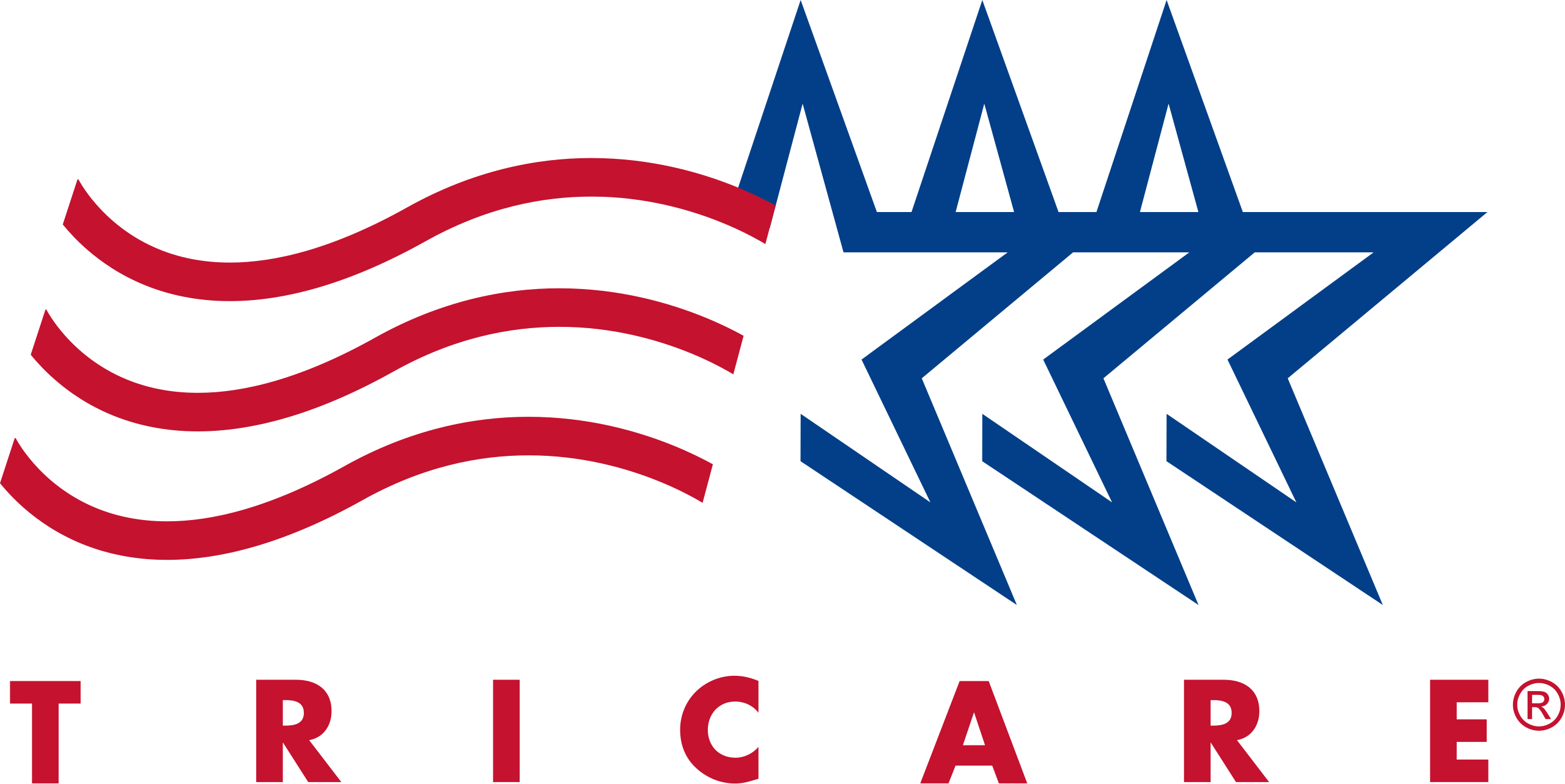What to Expect in a Medical Detox Program: A Complete Guide
Starting recovery from substance use is a brave decision. For many people, enrolling in a medical detox program is where that journey begins. Detox helps the body safely eliminate drugs or alcohol under clinical care, reducing risks and easing withdrawal.
At Retreat of Broward, we understand this step can feel overwhelming, especially when you are unsure of what to expect. Understanding how detox works can ease that uncertainty and help you move forward with clarity and confidence. With the right support, this initial step becomes the foundation for lasting recovery.
What Is Medical Detox?
Medical detox is the supervised process of removing substances from the body in a safe and controlled environment. Unlike quitting abruptly, which can be dangerous, medical detox uses clinical support to reduce health risks and manage withdrawal symptoms effectively.
For those wondering, “What is medical detox?” It’s important to know that detox is not a substitute for treatment. Instead, it’s a critical first stage that helps stabilize the body and prepares the mind for the next level of care. This process typically takes place in a medical detox facility, where licensed healthcare professionals monitor vital signs, administer medications, and offer 24/7 care.
Individuals detoxing from alcohol, opioids, benzodiazepines, or stimulants benefit most from doing so in a licensed setting. Attempting detox alone can result in serious complications, making professional supervision essential.

Who Needs Medical Detox?
Not everyone requires medical detox, but for many individuals, it is the safest way to begin recovery. People with long-term or high-dose substance use are especially vulnerable to severe withdrawal symptoms. A medical detox treatment program is often recommended for those who:
- Have developed a physical dependence on alcohol, opioids, benzodiazepines, or stimulants
- Experience withdrawal symptoms when attempting to quit
- Have relapsed after multiple quit attempts
- Struggle with co-occurring physical or mental health conditions
- Face medical risks if detoxing without supervision
In particular, withdrawal from alcohol and benzodiazepines can be life-threatening. That is why it is important to detox in a setting with medical oversight and emergency support.
What Happens During a Medical Detoxification Program?
A medical detox program follows a structured, step-by-step process that ensures safety, comfort, and preparation for continued care. Here’s what typically happens:
1. Comprehensive Assessment
Upon arrival, you will receive a full medical and psychological evaluation. The team reviews your substance use history, symptoms, and any co-occurring conditions to create a personalized detox plan.
2. Stabilization and Withdrawal Management
With your plan in place, stabilization begins. Medical staff use medications, fluids, and rest to manage withdrawal symptoms while monitoring you 24/7. For substances like opioids, alcohol, or benzodiazepines, this support is essential.
3. Emotional and Psychological Support
Detox impacts both body and mind. Therapy, support groups, and psychoeducation may begin during this stage, helping ease emotional distress and lay the groundwork for ongoing treatment.
4. Discharge Planning and Transition
As symptoms begin to subside, case managers will help you plan your next steps, often Residential Treatment, Partial Hospitalization Program (PHP), or Intensive Outpatient Program (IOP). This transition plan is essential for building long-term recovery.
Every medical detox treatment plan at Retreat of Broward is personalized for your unique needs. Each plan is built with your safety, comfort, and recovery goals in mind.

Expected Timeline for Medical Detox
The length of a medical drug detox depends on the type of substance, how long it’s been used, and your overall health. Here are common timelines:
- Medical alcohol detox: 3 to 7 days
- Opioid detox: 4 to 10 days
- Benzodiazepine detox: 10 to 14 days or longer
- Stimulant detox: 3 to 5 days (mood symptoms may last longer)
These timeframes are general guidelines. Everyone’s detox journey is different, and timelines are adjusted based on your symptoms, progress, and medical response.
What to Expect During Medical Detoxification Treatment
Going through detox is never easy, but understanding what happens during a medical detox program can make the experience feel less intimidating. Here’s what most clients can expect:
Round-the-Clock Monitoring
Nurses and doctors are available 24/7 to monitor vital signs, manage medications, and offer emotional support.
Withdrawal Symptom Management
Withdrawal symptoms are managed with a combination of medications, hydration, rest, and nutrition. These may include nausea, anxiety, tremors, insomnia, or more severe symptoms, depending on the substance.
Supportive Environment
Clients are given a calm, structured environment designed for rest and recovery. Unlike hospitals, medical detox centers often feel more like wellness retreats—focused on healing, not punishment.
Compassionate Staff
Experienced clinicians understand the challenges of early recovery and provide nonjudgmental support. Whether it is your first time in treatment or you are returning after a relapse, you are treated with dignity and care.

Commonly Asked Questions
Is detox painful?
Detox can be uncomfortable, but medical care significantly reduces pain and health risks. Most symptoms are manageable with proper medication and support.
Can I detox at home?
Home detox is not recommended, especially for substances like alcohol or benzodiazepines. Medical detox centers provide the supervision and clinical support necessary to safely manage withdrawal and avoid serious complications.
How do I prepare for medical detox?
Plan by arranging time off, packing essentials, and informing supportive loved ones. Our admissions team will guide you through everything you need to bring.
Will I be alone during detox?
You will be supported by medical staff 24/7 and may also connect with peers in early group sessions. You are never alone at the Retreat of Broward.
Reach Out Today and Speak with an Addiction Medical Professional
What Happens After Detox?
Completing a medical detox program is a major milestone, but it is only the beginning of recovery. Detox clears your system of substances, but long-term treatment is needed to address the root causes of addiction.
After detox, most clients transition into one of the following programs:
- Residential Treatment (RTC): 24/7 care in a supportive environment
- Partial Hospitalization Program (PHP): Structured day treatment with evening flexibility
- Intensive Outpatient Program (IOP): Therapeutic support several days a week while maintaining independence
These levels of care help you build coping skills, strengthen emotional resilience, and maintain long-term sobriety. Skipping this phase increases the risk of relapse, which is why a seamless transition is essential.
Does Insurance Cover Medical Detox?
In many cases, yes. Most health insurance plans include coverage for medical drug detox and related services. Retreat of Broward works with a wide network of insurance providers to verify benefits and minimize financial stress.
Coverage may include:
- Medical and psychological evaluations
- 24/7 monitoring and support
- Medication management
- Case management and discharge planning
Insurance plans vary, so it is important to understand what is covered. Our admissions team is here to help you review your benefits and guide you through the process confidentially.
How to Know If You Need Medical Detox
You may benefit from a medical alcohol detox or drug detox. Certain signs can indicate when professional help is necessary.
- Feel physically unwell when not using the substance
- Use daily or in increasing amounts
- Can not stop despite trying
- Use substances to avoid withdrawal
- Experience anxiety, tremors, or mood swings when trying to quit
If you are unsure, it is best to speak with a professional. A simple conversation can help determine whether detox is necessary and what type of program fits your needs.

Start Your Medical Detox Program With Support You Can Trust
Choosing to enter a medical detox program may feel uncertain, but it is one of the most important decisions you can make for your health and future. At Retreat of Broward, we meet you where you are, offering safe and evidence-based care that respects your journey.
Our expert team creates a path forward that is built on trust, not pressure. Starting with medically supervised detox, we support you through every step of treatment. If you are ready to take that first step, we are ready to help you make it with confidence.
Reach out now to connect with a dedicated admissions specialist. Begin a new chapter with support you can count on.













